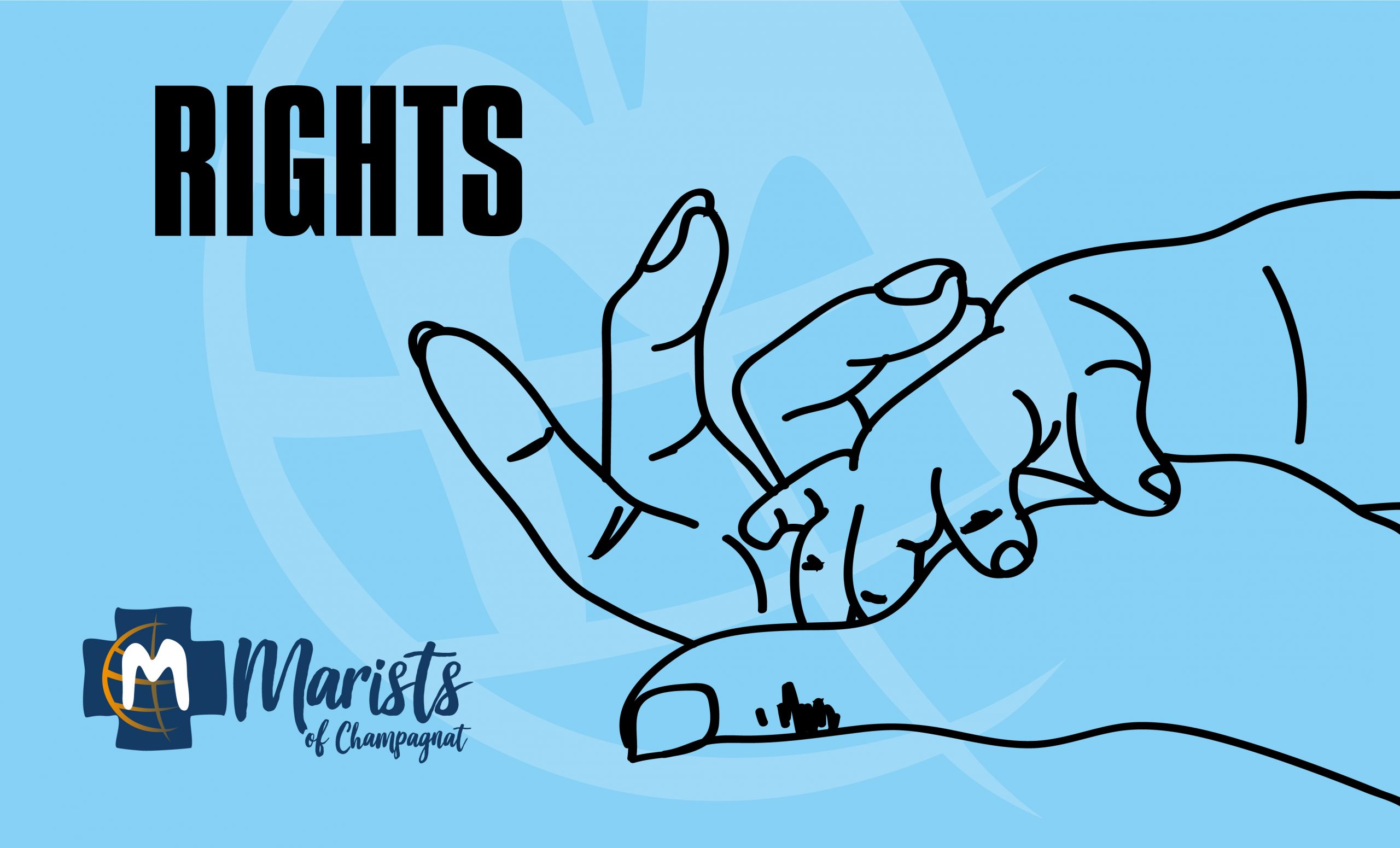
9 August: “International Day of the World’s Indigenous Peoples”
“Hay que valorar esa mística indígena de la interconexión e interdependencia de todo lo creado, mística de gratuidad que ama la vida como don.” (Querida Amazonia, 73)
By a resolution in 1994, the United Nations established the 9th August as the Internatonal Day of the World’s Indigenous Peoples. We, Marists of Champagnat, want to express our support for this cause. Working with First Nations peoples is a signficant part of our Marist mission, especially in some parts of the Marist world.
The data provided by the UN shows how there still exist many First Nations peoples whose rights are under attack, original inhabitants pushed to the margins of society by their governments. Yes, there have been improvements in some cases, but sadly even today, we receive reports of total disregard for these peoples and the lack of respect for their rights (as individuals, as communities, over their lands …).
Such groups are often found amongst those with lowest incomes, where instability, crisis and a lack of access to basic services form part of daily life and its constant social and political struggle. So it is that the First Nations Peoples are amongst the most vulnerable populations in the world.
At the same time, these groups possess rich and diverse cultures, traditions and languages, that deserve to be conserved and valued. Their knowledge and ways of understanding life are a richness for the rest of humanity.
One of the great riches that these peoples bring us is the way in which they live in communion with their surrounds, the care for and maintenance of the environment in which they live. It is appropriate here to recall the words of Pope Francis in Querida Amazonia, where he reminds us of the need to journey in life as communities and in communion with the land where these communies live (20).
Another of the great riches of these peoples are its languages, the oral expression of traditions and ways of thinking and understanding the world that go back thousands of years, a clear sign of a cultural heritage that we cannot simply disregard. It is true that some steps have been taken to protect this legacy even if much work remains to be done.
When the last General Chapter reminded us of the necessity of having a “committed presence” in the peripheries, was it not also referring to First Nations Peoples? When it reminded us of work related to “the promotion, protection and advocacy of rights”, was it not alluding as well to First Nations children and young people? When it encouraged us to “change our lifestyles with a focus on integral ecology”, was this not an invitation to learn from these people who are already living in such communion with nature?
As Marists, let us get behind the United Nations Declaration on the Rights of Indigenous Peoples, assisting and making good use of the many riches of these peoples as well as their institutions and cultures. Let us join our voice to speak out against any type of discrimination against these peoples.
All of us , in one way or another, are indigenous. All of us, by simply being human, are brothers and sisters. All of us, of equal dignity, are sons and daughters of God. All of us make up “the one global family with bonds of communion and solidarity” (Message of XXII General Chapter).
Br. Ángel Diego García Otaola – Director of the Secretariaty of Solidarity
